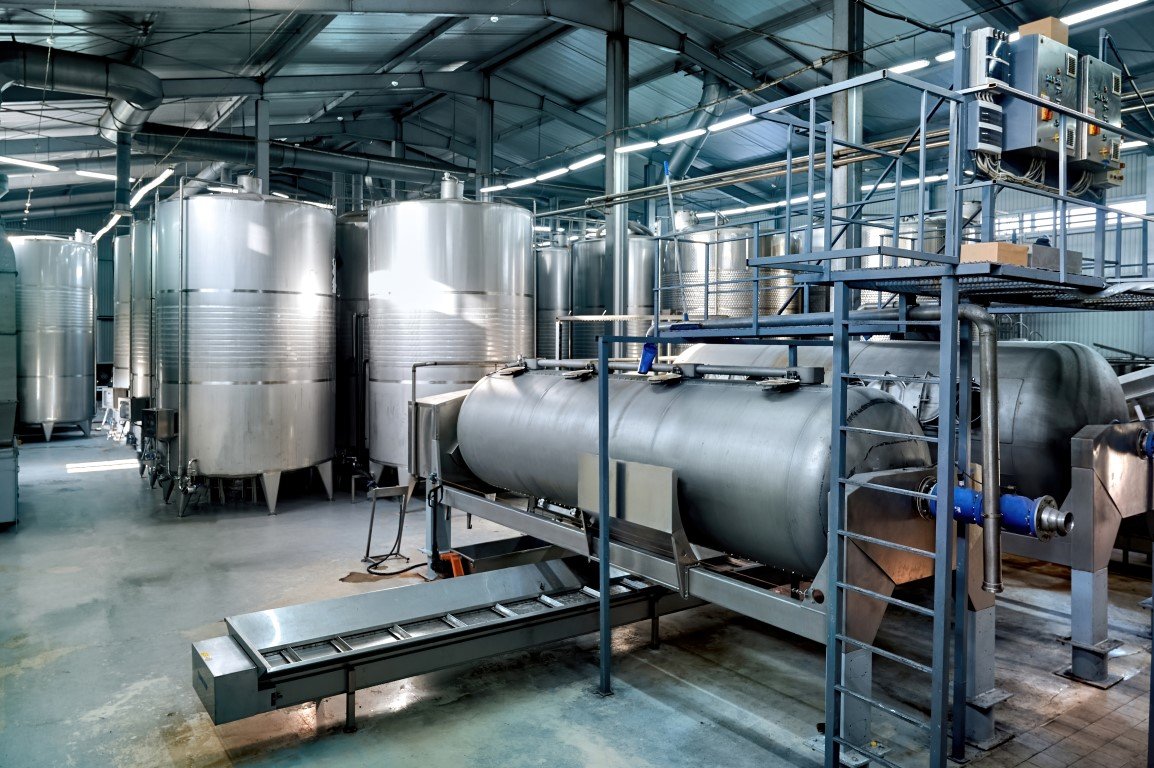Introduction
In the realm of industrial boilers, effective heat transfer is essential. The evaporator coil is a critical component that helps with this process. Understanding how these coils work and their significance in the system can offer helpful information for improving boiler efficiency. This blog goes into the role of evaporator coils in industrial boilers, explaining their importance in heat transfer and why boiler manufacturers in India and throughout the world prioritise improving these components.
What is an Evaporator in a Boiler?
An evaporator in a boiler is a component that collects heat from combustion gases and transmits it to the boiler’s water or steam. This process converts water into steam, which is then used in various industrial applications such as power generating, heating, and mechanical labour.
The efficiency of an industrial boiler is heavily reliant on the performance of its evaporator coils. These coils are intended to increase heat transfer while reducing energy losses. They often comprise high thermal conductivity materials such as copper or stainless steel to ensure maximum performance.
The Function of Evaporator Coils
Evaporator coils in industrial boilers play a crucial role in the heat transfer process. Here’s how they work:
- Heat Absorption: The evaporator coil’s main purpose is to absorb heat from the combustion gases produced by burning fuel. These gases pass over the coils, transferring their thermal energy to the water or steam within.
- Heat Transfer: The coils absorb heat, which is subsequently transferred to the water or steam, raising its temperature and transforming it into high-energy steam. This steam powers turbines, generates electricity, and provides heat for a variety of industrial activities.
- Phase Change: One of the most critical operations in an evaporator coil is the conversion of liquid water into steam. This phase transition necessitates a large amount of energy, known as the latent heat of vaporisation. The evaporator coil ensures that this energy is transported efficiently, which improves the boiler’s overall performance.
Importance of Heat Transfer Efficiency
Efficient heat transfer ensures that more energy from combustion gases is used, resulting in decreased fuel consumption and operational expenses. Heat transfer efficiency is essential for the following reasons:
- Energy Conservation: Efficient heat transfer guarantees that as much energy as possible is transformed from the fuel into usable steam. This minimises the amount of fuel required to provide the given output, resulting in significant energy savings.
- Cost Reduction: Lower fuel use translates directly into cost savings. Improving heat transfer efficiency can result in significant financial benefits for sectors that rely significantly on steam to operate.
- Environmental Impact: Improved heat transfer efficiency leads to decreased emissions. Industrial boilers can lower their carbon footprint by making the best use of fuel energy, helping to create a cleaner and more sustainable environment.
- Operational Reliability: Efficient heat transfer eases the load on boiler components, resulting in fewer breakdowns and maintenance concerns. This prolongs the boiler’s life and improves its dependability, guaranteeing continuous operation.
Enhancing Heat Transfer Efficiency in Industrial Boilers
Boiler manufacturers in India and around the world continually strive to enhance heat transfer efficiency. Several strategies can be employed to achieve this goal:
- Material Selection: For evaporator coils, it is critical to have high thermal conductivity materials. Copper and stainless steel are extensively used for their outstanding heat transfer capabilities and durability.
- Design Optimisation: The design of the evaporator coil, including surface area and configuration, considerably impacts heat transfer efficiency. Advanced design techniques, like finned coils, can enhance heat exchange surface area and improve efficiency.
- Regular Maintenance: Keeping the evaporator coils clean and free of deposits is critical for maximising heat transfer efficiency. Regular maintenance, such as descaling and cleaning, can help prevent the accumulation of pollutants that impede heat transfer.
- Innovative Technologies: Modern boiler systems use cutting-edge technologies like condensing economisers and heat recovery systems to improve heat transfer. These methods capture and use waste heat, hence increasing overall efficiency.
Conclusion
Evaporator coils are an essential component of industrial boilers, as they aid in heat transfer. Their efficiency directly affects the boiler’s performance, energy consumption, and environmental imprint. Boiler manufacturers in India and throughout the world are constantly seeking to improve heat transfer efficiency through new materials, creative designs, and stringent quality control measures. Businesses can save a lot of energy and money and maintain operational reliability by knowing the function of evaporator coils and concentrating on maximising their performance. This helps the bottom line and makes the industrial sector more ecologically friendly and sustainable. As technology advances, the future of industrial boilers appears favourable, with continual improvements in heat transfer efficiency leading the way.

